Search
Remove Ads
Advertisement
Summary 
Loading AI-generated summary based on World History Encyclopedia articles ...
Search Results
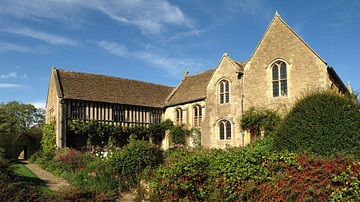
Definition
Manorialism
Medieval European Manorialism (Manorial System) was the system where rural society was arranged around a manor house or castle on an estate. The smallest units of these estates were called manors. Free and unfree labourers here worked the...

Definition
Serf
Medieval serfs (aka villeins) were unfree labourers who worked the land of a landowner (or tenant) in return for physical and legal protection and the right to work a separate piece of land for their own basic needs. Serfs made up 75% of...
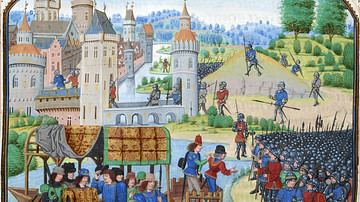
Definition
Peasants' Revolt
The Peasants' Revolt, also known as the Great Revolt, was a largely unsuccessful popular uprising in England in June 1381. The rebellion's leaders included Wat Tyler and they wanted massive social changes which included a removal of the poll...
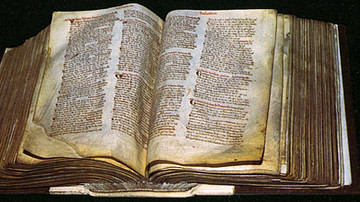
Definition
Domesday Book
Domesday Book was a comprehensive survey and record of all the landowners, property, tenants and serfs of medieval Norman England. It was compiled in 1086-7 under the orders of William the Conqueror (r. 1066-87). The record is unique in European...
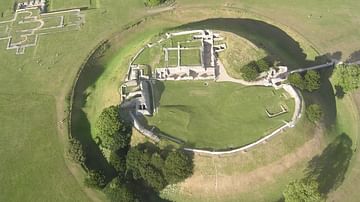
Article
The Impact of the Norman Conquest of England
The Norman conquest of England, led by William the Conqueror (r. 1066-1087 CE) was achieved over a five-year period from 1066 CE to 1071 CE. Hard-fought battles, castle building, land redistribution, and scorched earth tactics ensured that...
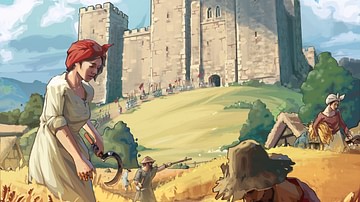
Definition
Feudalism
Feudalism was the system in 10th-13th century European medieval societies where a social hierarchy was established based on local administrative control and the distribution of land into units (fiefs). A landowner (lord) gave a fief, along...
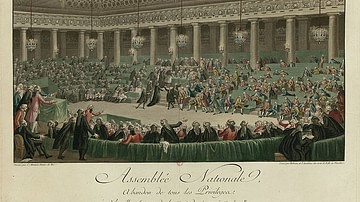
Definition
August Decrees
The decrees of 4 August 1789, also known as the August Decrees, were a set of 19 articles passed by the National Constituent Assembly during the French Revolution (1789-1799) which abolished feudalism in France and ended the tax exemption...

Video
What was Feudalism in Medieval Europe?
Feudalism was a system of social society present during the high middle ages in Europe between the tenth and thirteenth centuries. Feudalism can be understood as a hierarchical society where the king owned most of the land, he would distribute...

Article
A Medieval Christmas
Christmas was one of the highlights of the medieval calendar, not only for the rich but also for the peasantry. For the longest holiday of the year, typically the full twelve days of Christmas, people stopped work, homes were decorated and...
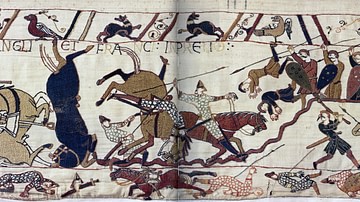
Definition
Norman Conquest of England
The Norman Conquest of England (1066-71) was led by William the Conqueror who defeated King Harold II at the Battle of Hastings in 1066. The Anglo-Saxon elite lost power as William redistributed land to his fellow Normans. Crowned William...